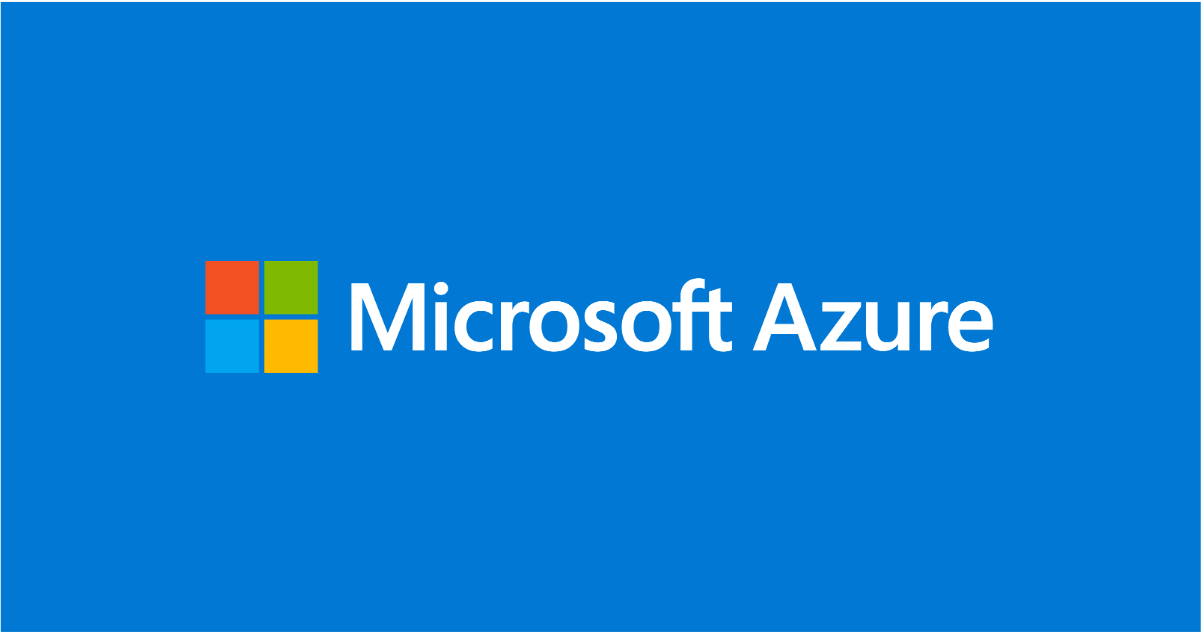Azure Elastic SAN updates: Private Endpoints & Shared Volumes

As we approach general availability of Azure Elastic SAN, we continue improving the service and adding features based on your feedback. Today, we are releasing private endpoint support and volume sharing support via SCSI (Small Computer System Interface) Persistent Reservation.
Azure Elastic SAN is the industry’s first fully managed storage area network (SAN) offering in the cloud. Combining on-premises SAN-like capabilities with the benefits of being a cloud-native service, it offers a scalable, cost-effective, high-performance, and reliable storage solution for your needs – regardless of whether you are migrating your on-premises SAN to the cloud or creating your application in the cloud.
Private Endpoint Support
We have added support for private endpoints at the volume group level of Elastic SAN, to help you achieve your security compliance requirements without having to set up and manage firewall rules. A private endpoint is a network interface that uses a private IP address from your virtual network. This network interface helps connect you privately and securely to your Elastic SAN. Setting up a private endpoint for a volume group eliminates the risk of traffic between your virtual network and the volume group being exposed to the public internet, as you are bringing the volume group into your virtual network.
With the addition of private endpoint support, you can now access your volumes via either private endpoints, or via public endpoints that are restricted to allow network access from specific virtual network subnets only (this is also known as connecting through “vnet ACLs”/virtual network Access Control Lists). If you require the additional layer of security that private endpoints add, this is an essential update. You can find more information on private endpoints and how to set them up in our documentation.
Shared Volume Support
For those of you who run clustered workloads and applications, Elastic SAN now supports shared volumes. This allows you to attach and use an Elastic SAN volume from multiple compute clients like virtual machines, while using SCSI reservation commands to choose from a range of supported access modes to read or write to the volume. You can even maintain reservations across reboots because we support persistent reservations to ensure that access to data remains uninterrupted.
Shared volumes enable you to easily migrate a clustered application like SQL Failover Cluster Instances (FCIs) to Elastic SAN volumes. Just keep in mind that shared volumes don't natively offer a fully managed file system that can be accessed using SMB or NFS protocols - Elastic SAN only supports the iSCSI protocol. You would need to use a cluster manager, like Windows Server Failover Cluster (WSFC) or Pacemaker, that handles cluster node communication and write locking.
More to come – general availability and beyond!
After these updates, our next planned milestone is the general availability (GA) of Elastic SAN. You can deploy an Elastic SAN by following our instructions on how to get started or refer to our documentation to learn more about these new features. If you are interested in providing us feedback on your preview experience, please complete this short survey. If you need help or have additional feedback, you can email us at [email protected].
Published on:
Learn moreRelated posts
Semantic Reranking with Azure SQL, SQL Server 2025 and Cohere Rerank models
Supporting re‑ranking has been one of the most common requests lately. While not always essential, it can be a valuable addition to a solution...
How Azure Cosmos DB Powers ARM’s Federated Future: Scaling for the Next Billion Requests
The Cloud at Hyperscale: ARM’s Mission and Growth Azure Resource Manager (ARM) is the backbone of Azure’s resource provisioning and management...
Automating Business PDFs Using Azure Document Intelligence and Power Automate
In today’s data-driven enterprises, critical business information often arrives in the form of PDFs—bank statements, invoices, policy document...
Azure Developer CLI (azd) Dec 2025 – Extensions Enhancements, Foundry Rebranding, and Azure Pipelines Improvements
This post announces the December release of the Azure Developer CLI (`azd`). The post Azure Developer CLI (azd) Dec 2025 – Extensions En...
Unlock the power of distributed graph databases with JanusGraph and Azure Apache Cassandra
Connecting the Dots: How Graph Databases Drive Innovation In today’s data-rich world, organizations face challenges that go beyond simple tabl...
Azure Boards integration with GitHub Copilot
A few months ago we introduced the Azure Boards integration with GitHub Copilot in private preview. The goal was simple: allow teams to take a...
Microsoft Dataverse – Monitor batch workloads with Azure Monitor Application Insights
We are announcing the ability to monitor batch workload telemetry in Azure Monitor Application Insights for finance and operations apps in Mic...
Copilot Studio: Connect An Azure SQL Database As Knowledge
Copilot Studio can connect to an Azure SQL database and use its structured data as ... The post Copilot Studio: Connect An Azure SQL Database ...
Retirement of Global Personal Access Tokens in Azure DevOps
In the new year, we’ll be retiring the Global Personal Access Token (PAT) type in Azure DevOps. Global PATs allow users to authenticate across...